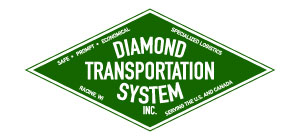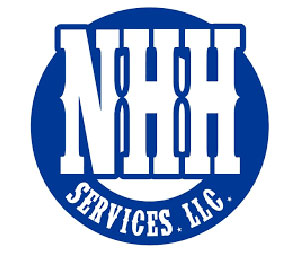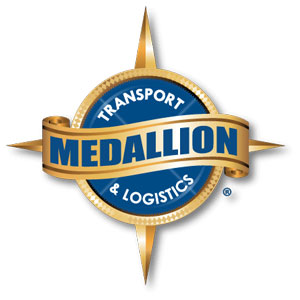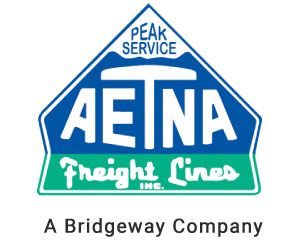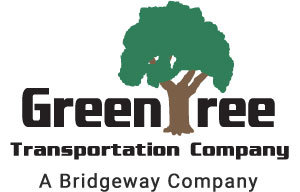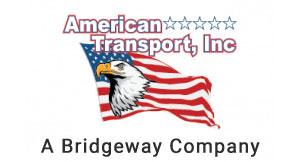America’s Failing Infrastructure: How Structurally Deficient Bridges Are Affecting the Trucking Industry
The heavy load trucking industry has struggled against the effects of the country’s failing infrastructure for years. But a recent report from the U.S. Department of Transportation on the soundness of the nation’s bridges has trucking companies in Aurora, CO and other members of the trucking industry nationwide more concerned than ever.
According to the U.S. Department of Transportation, over 55,000 bridges across the U.S. are structurally deficient. For trucking companies in Aurora, CO and nationwide, this means a new set of challenges must be faced, including shipping delays and increased costs across the industry. As debates continue on how to fund the upkeep of the nation’s infrastructure, trucking companies and their drivers are already seeing some of the economic side effects of the nation’s failing bridges:
- Delays: When a bridge falls into disrepair, it can create serious delays for the truck driver. Restrictions may be made for structurally deficient bridges that forbid trucks above a certain weight from crossing them or, if the bridge is completely unsafe, the bridge may be out of commission all together. In these instances, truck drivers are forced to look for alternate routes using freight management systems, which can lead to major delays.
- Congestion: As more bridges become off limits to trucks and other vehicles alike, we see an increasing number of vehicles forced to share a decreasing number of transportation routes, which can lead to serious road congestion. Congested routes are not only unsafe and unpleasant—they are also another leading cause of delayed shipments.
- Dangers: A lack of funds and resources invested in maintaining the country’s bridges means unsafe routes for truck drivers. Although the DOT attempts to at least be aware of structurally deficient bridges so they can warn drivers and make repairs, sometimes a bridge may fall into disrepair unnoticed. These structurally deficient bridges are a great risk to unsuspecting truck drivers.
- Increased wages: Many truck drivers are paid by the mile, which means that longer routes require paying drivers more to transport the same goods to the same destinations. Also, with current laws that limit the number of hours a truck driver can drive in a day, drivers drive a shorter distance per day than they otherwise might.
- Fuel costs: As routes change and road congestion increases, truck drivers are now putting in hundreds of extra miles to carry the same goods to the same destinations. These extra miles mean extra fuel costs without an actual increase in profits. These extra fuel costs need to be balanced somehow, so many trucking companies either pass on the extra costs to the consumer or have to make cutbacks somewhere else by reducing the number of employees they have or cutting back on how much drivers are paid per mile.
The nation’s economy heavily relies on specialized hauling services for the transportation of goods. If the problem of the nation’s failing bridges is not addressed soon, the long-term effects will not only be seen by trucking companies, but by consumers as well. Osage Specialized Transport is just one of many trucking companies in Aurora, CO and beyond that has to pay close attention to the conditions of roads and bridges when planning routes. To learn more about what we’re doing to continue to provide our high quality of services, please contact us today.





